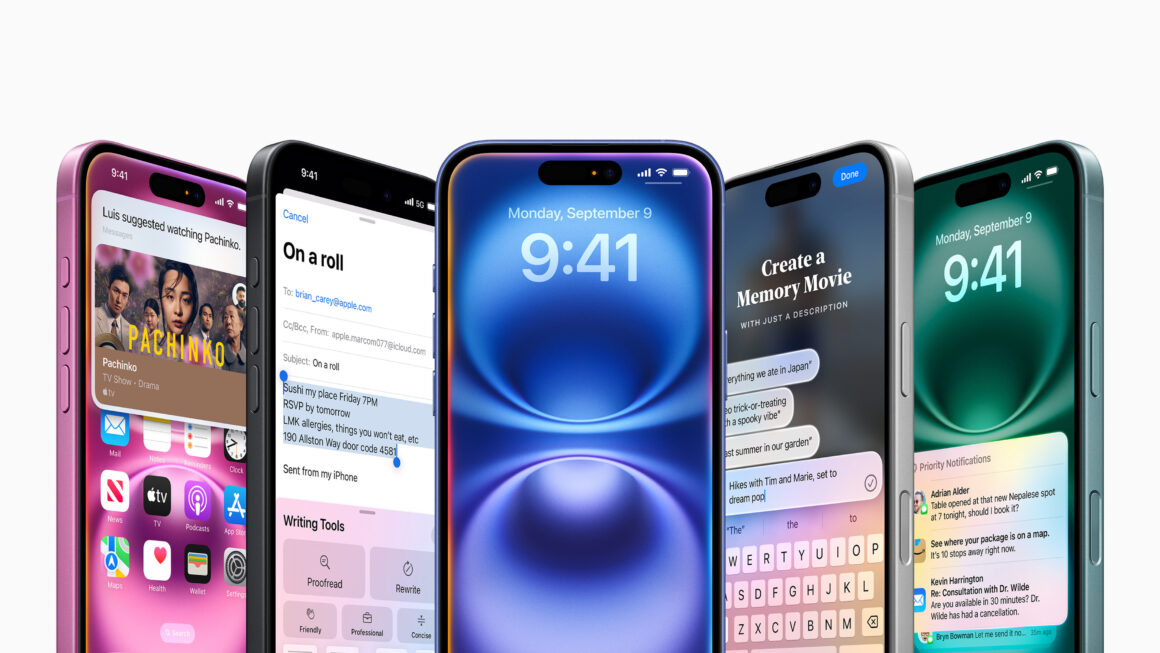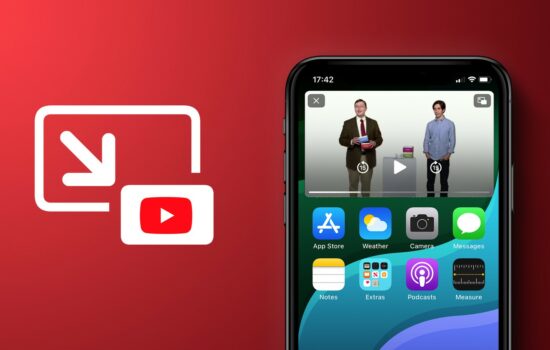Law enforcement agencies have always had a longstanding battle with Apple, for instance in 2015 with the San Bernardino terrorist attackers. Apple historically refused to help law enforcement from several US government branches to unlock the phones of the terrorists, prompting a very public-facing outcry from well-meaning individuals who wanted to bring the terrorists to justice, and a more reserved celebration for privacy advocates which valued Apple’s reluctance to decrypt the phone’s information — which would have undoubtably wreaked havoc at the thought that the tech giant could potentially give your information away.
Cyber crime conundrum?
In a time where there now exists cyber crime – both cyber enabled and cyber dependant – it is of paramount importance to remain vigilant with the devices that hold the most amount of information about us: our phones. Cyber enabled crime are crimes which could have previously been carried out in person, and have been made easier to facilitate using technology. An example of this would be fraud, as it can exist without the use of technology, but it is much easier to do online than ever before. Cyber dependant crime are crimes which are commited solely online or with the usage of technology, and are much more recent legislation-wise. Crimes such as account hacking, or malware would fall into this category and have only been possible since the technology has existed.
Why does a system restart matter?
A system restart can be the difference between catching a criminal in the act and having them get away with a slap on the wrist. When an iPhone is first turned on, before the passcode is input, the phone is known as “cold” or in “BFU Mode” – Before First Unlock. The RAM of the iPhone is more-a-less clear with no valuable information stored in it, as the user hasn’t potentially opened any apps, sent any messages or connected to any Wi-Fi hotspots or cellular networks. After an iPhone is unlocked, the phone is “hot” or in “AFU Mode” – After First Unlock. This is when the phone has been used for a while and potentially has keys, files or other metadata within the RAM of the phone. This can be potentially extracted by law enforcement, using specialist tools and software that can help prove a perpatrator has indeed been involved with a crime or not.
iOS 18’s (potentially) fatal blow to law enforcement
Within iOS 18’s recent development previews, an undocumented feature has been discovered that can allow a phone to remotely reboot without a user prompt or hardware action, like pressing the power button to turn off the phone. This would reset the RAM of the iPhone and wipe any sort of volitile memory which could lead to law enforcement being able to capture valuable data that could be used as evidence in court. In Apple’s bout to privacy, this could be considered fatal to a lot of law enforcement agencies which may not have the capcacity to deal with digital forensics in a short timespan or turnaround period. Larger agencies may have the ability to fast track requests which could be critical to security or be a key asset in a potential crime – but this could ultimately fall on private companies to fill the newly created gap. Similar to how Apple refused to unlock the iPhone of the San Bernardino terrorists, the FBI ended up having this service fulfilled by an Australian firm, Azimuth Security, in order to get the data dumped, it’s unlikely Apple will bend in order to appease law enforcement.
Your thoughts?
What are your thoughts about this? Is it more important to protect device information than investigate criminals? Can there be a middle ground? Let us know on our social media channels by tagging us @appleosophy!








